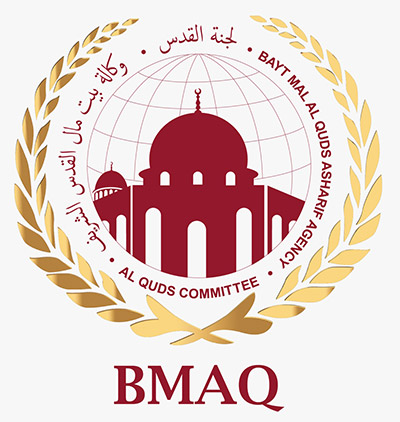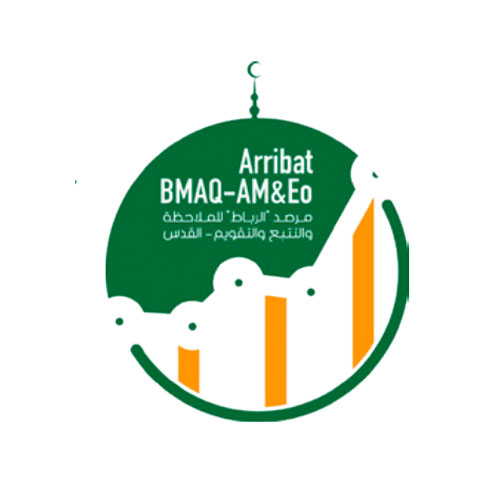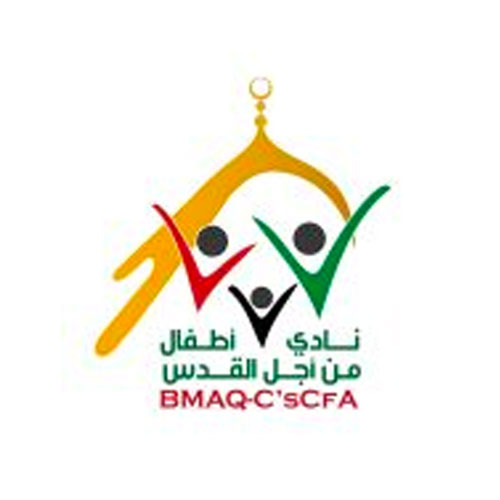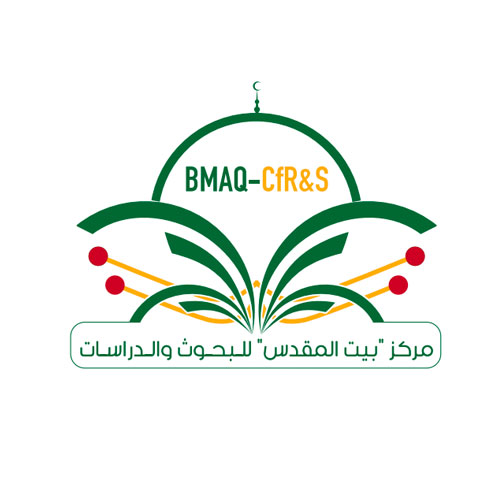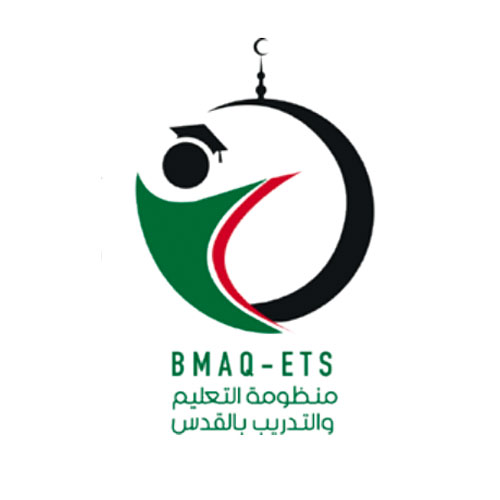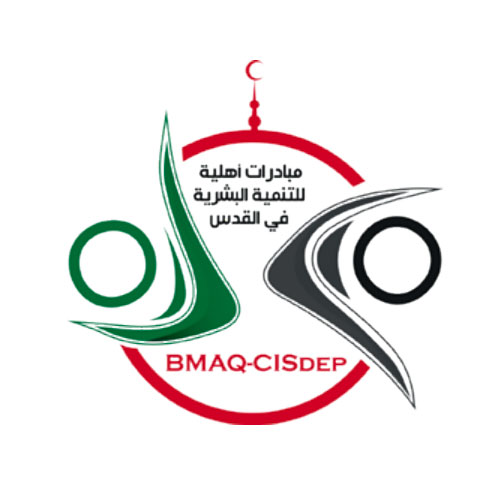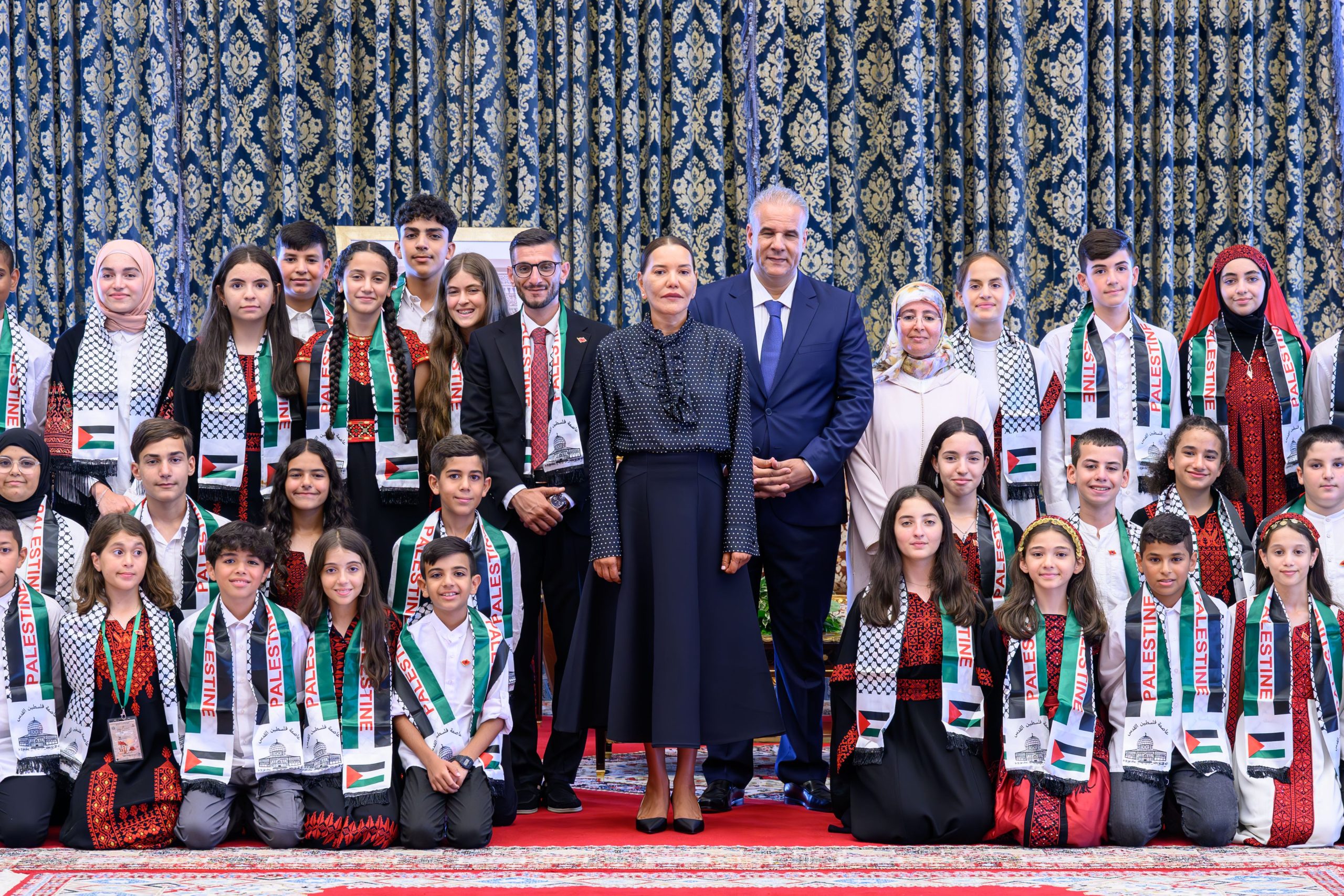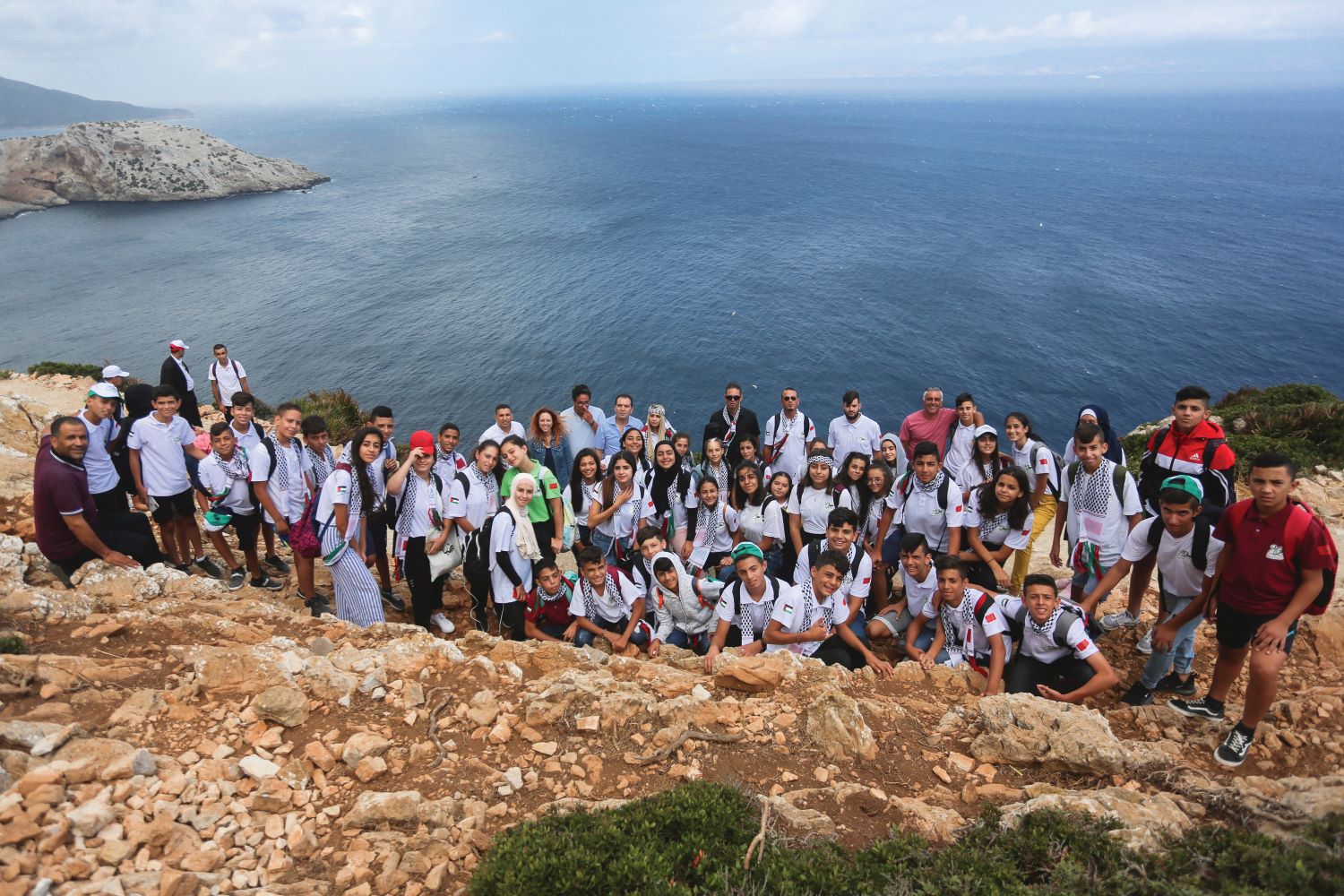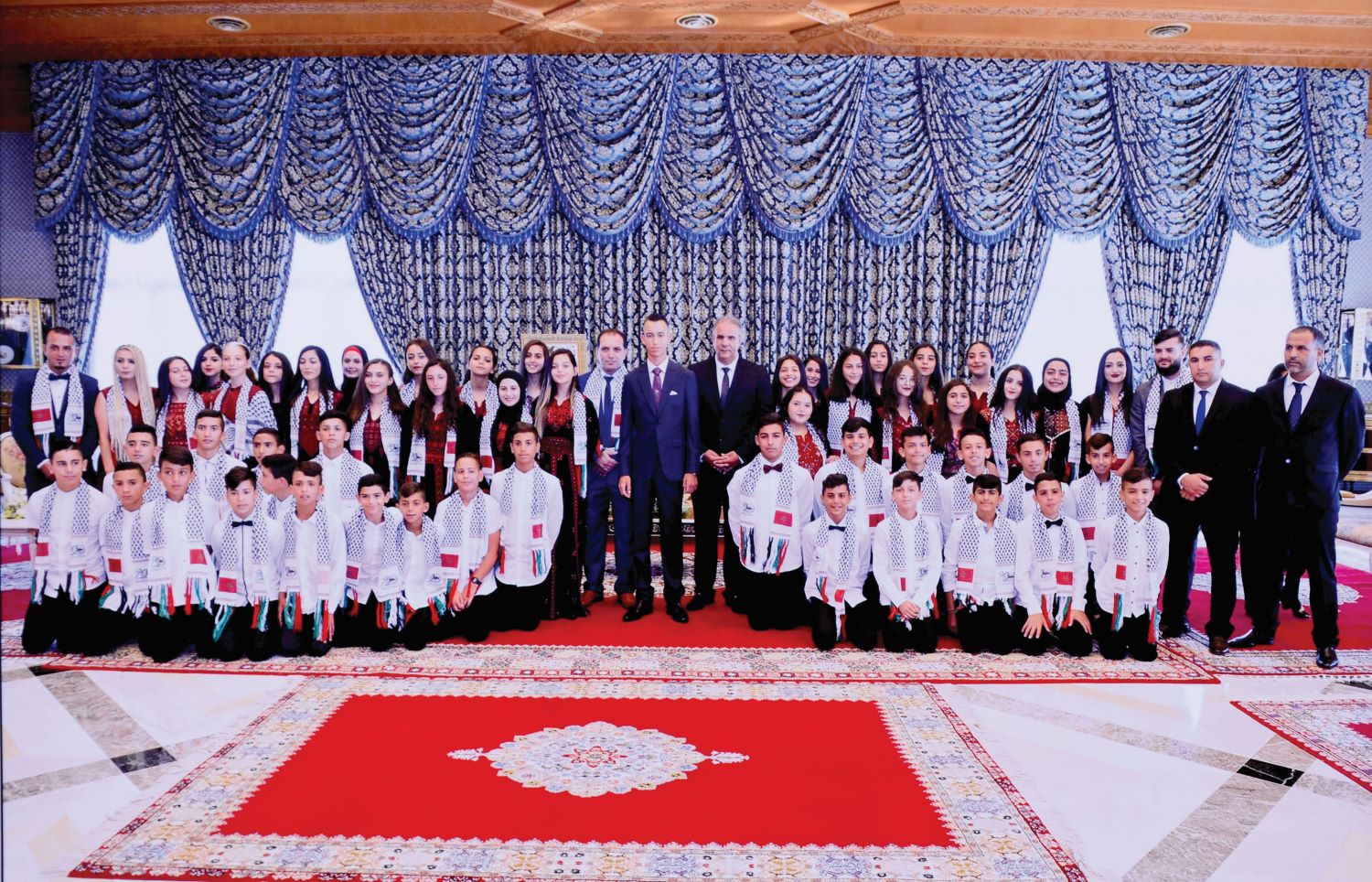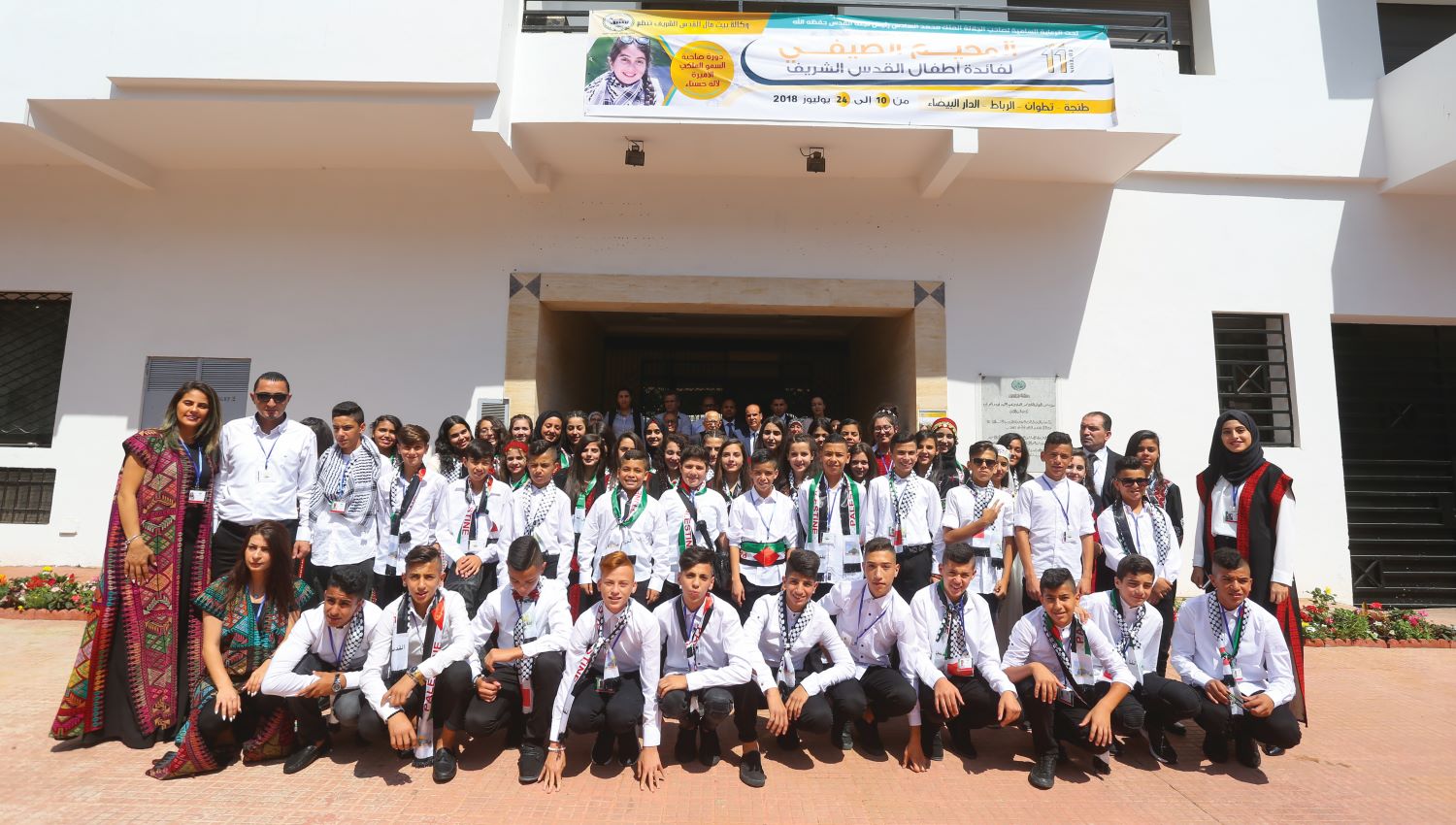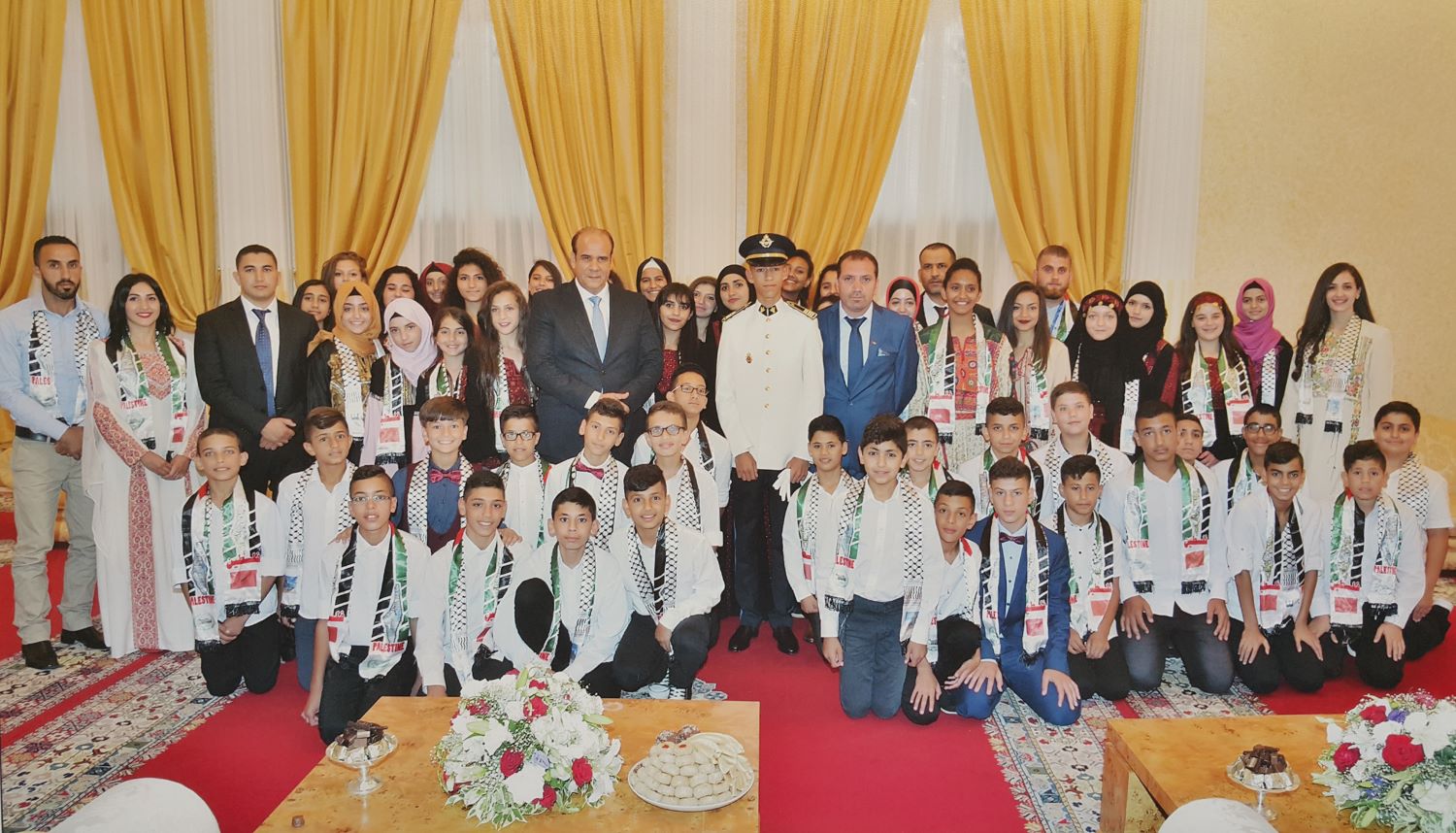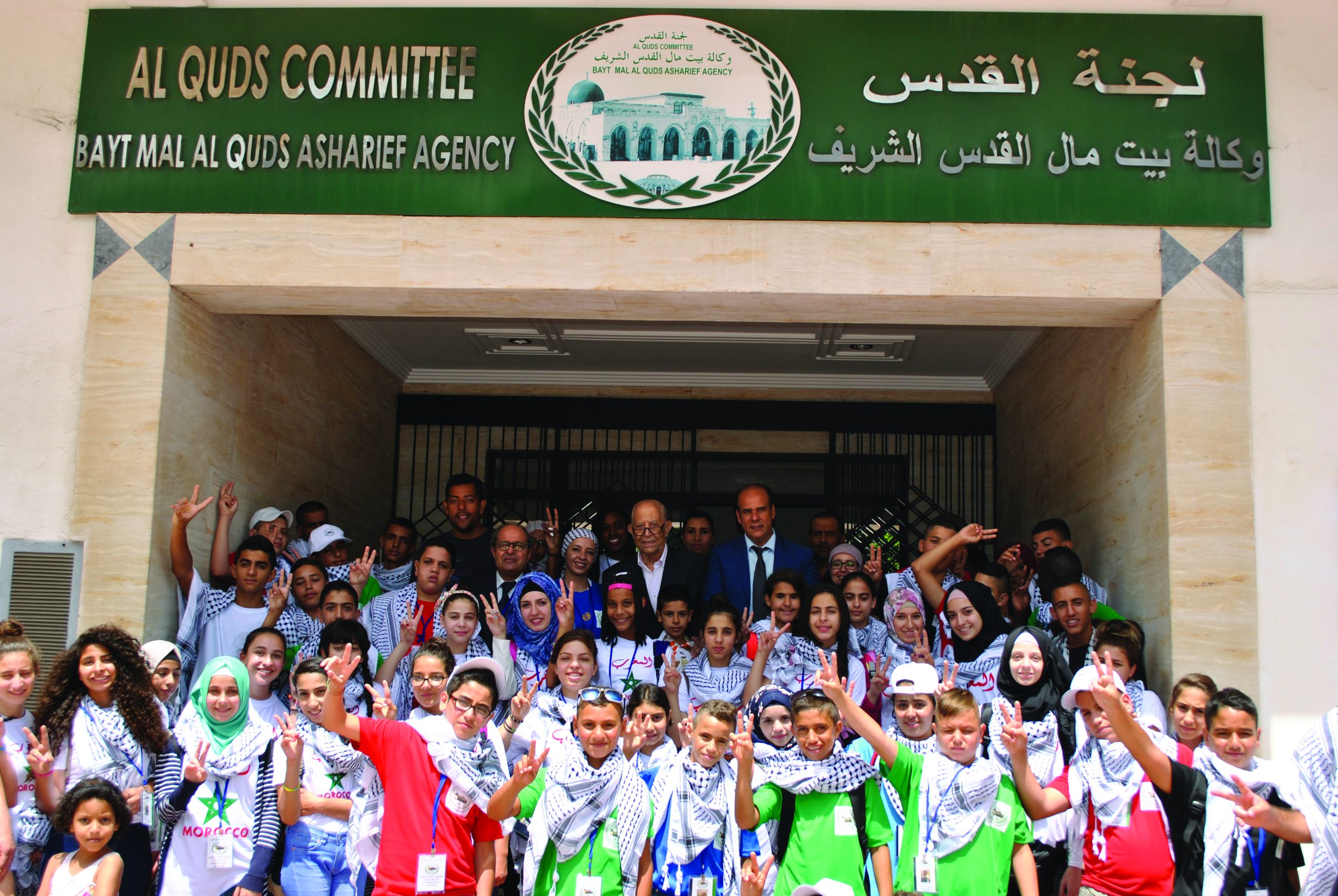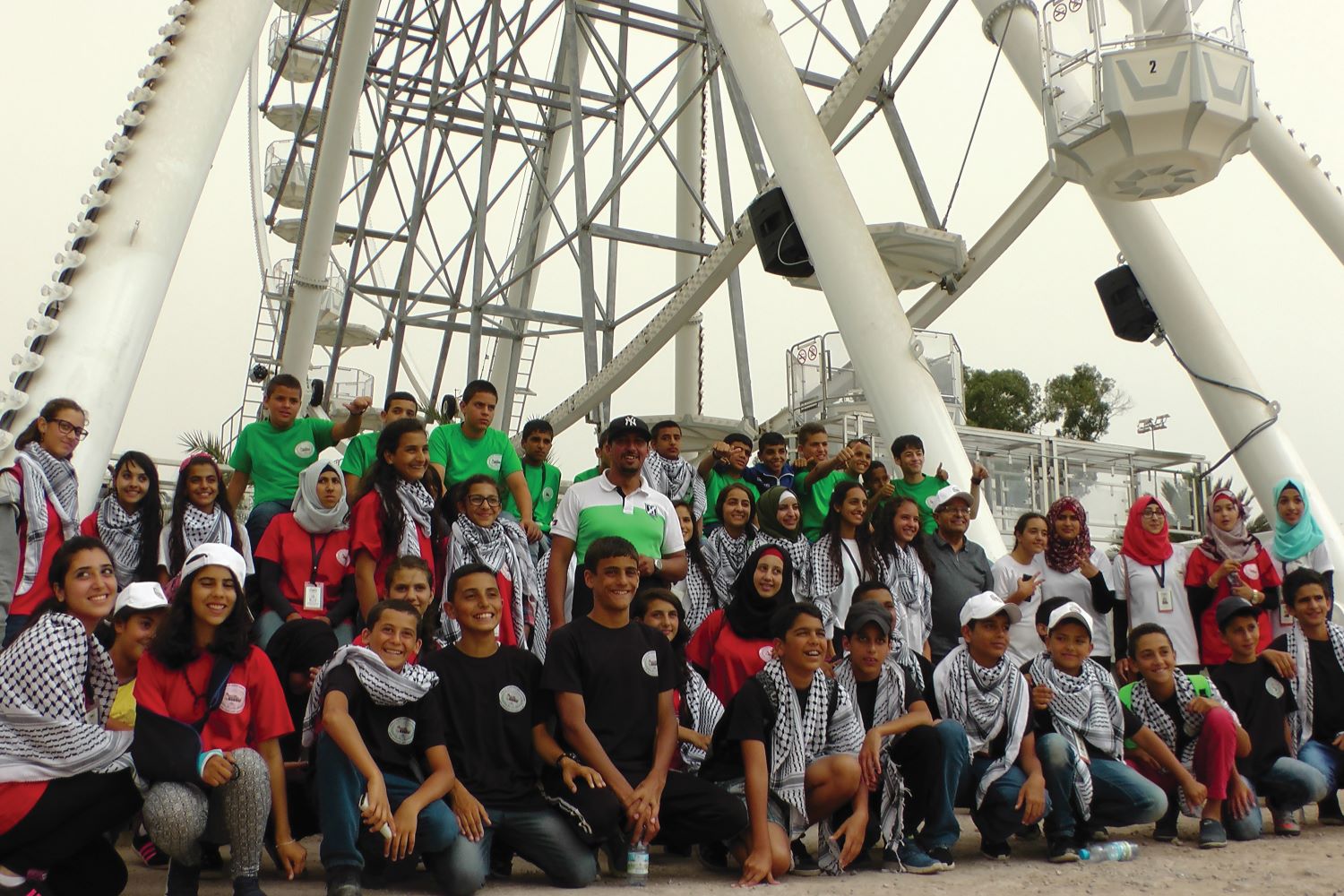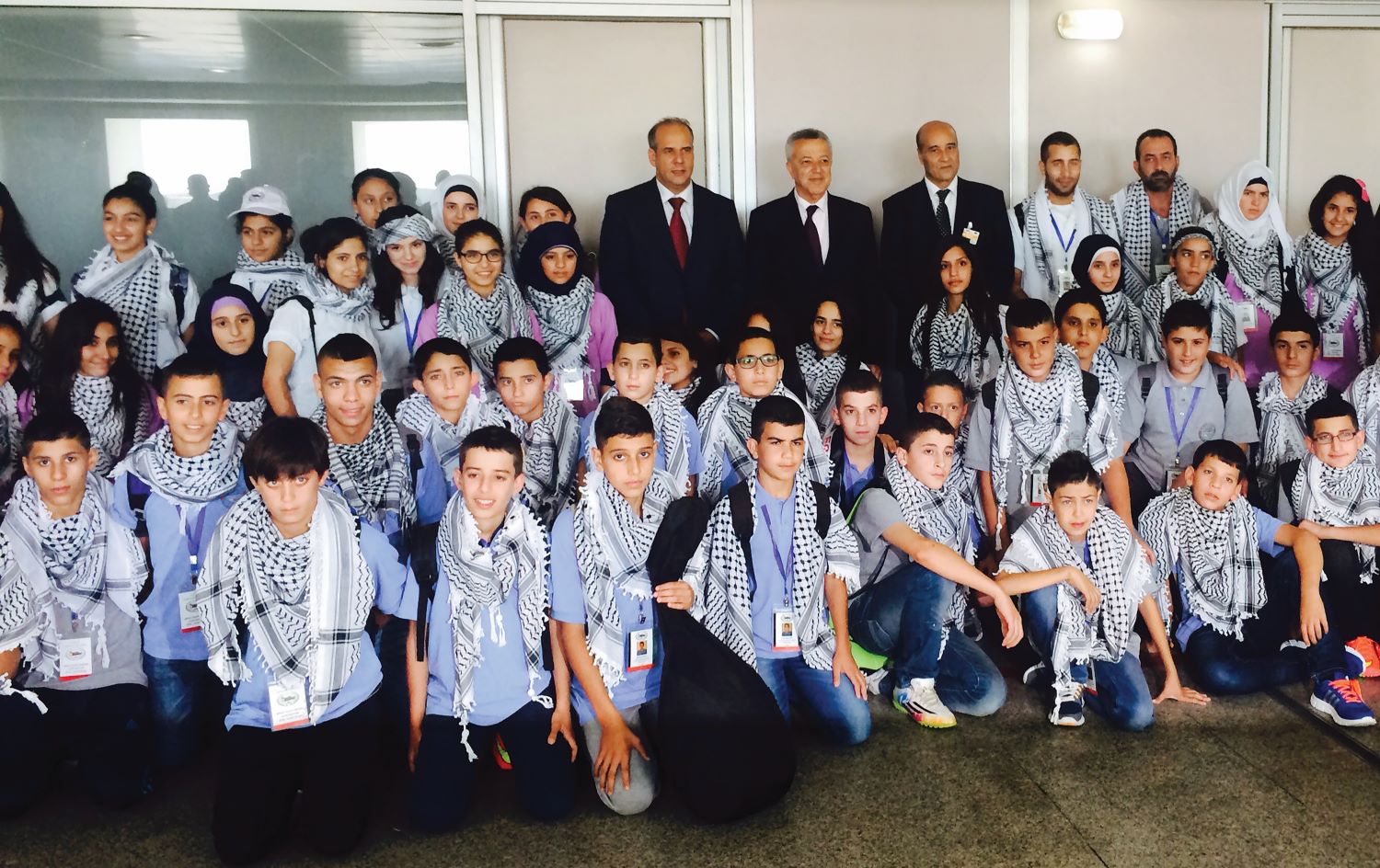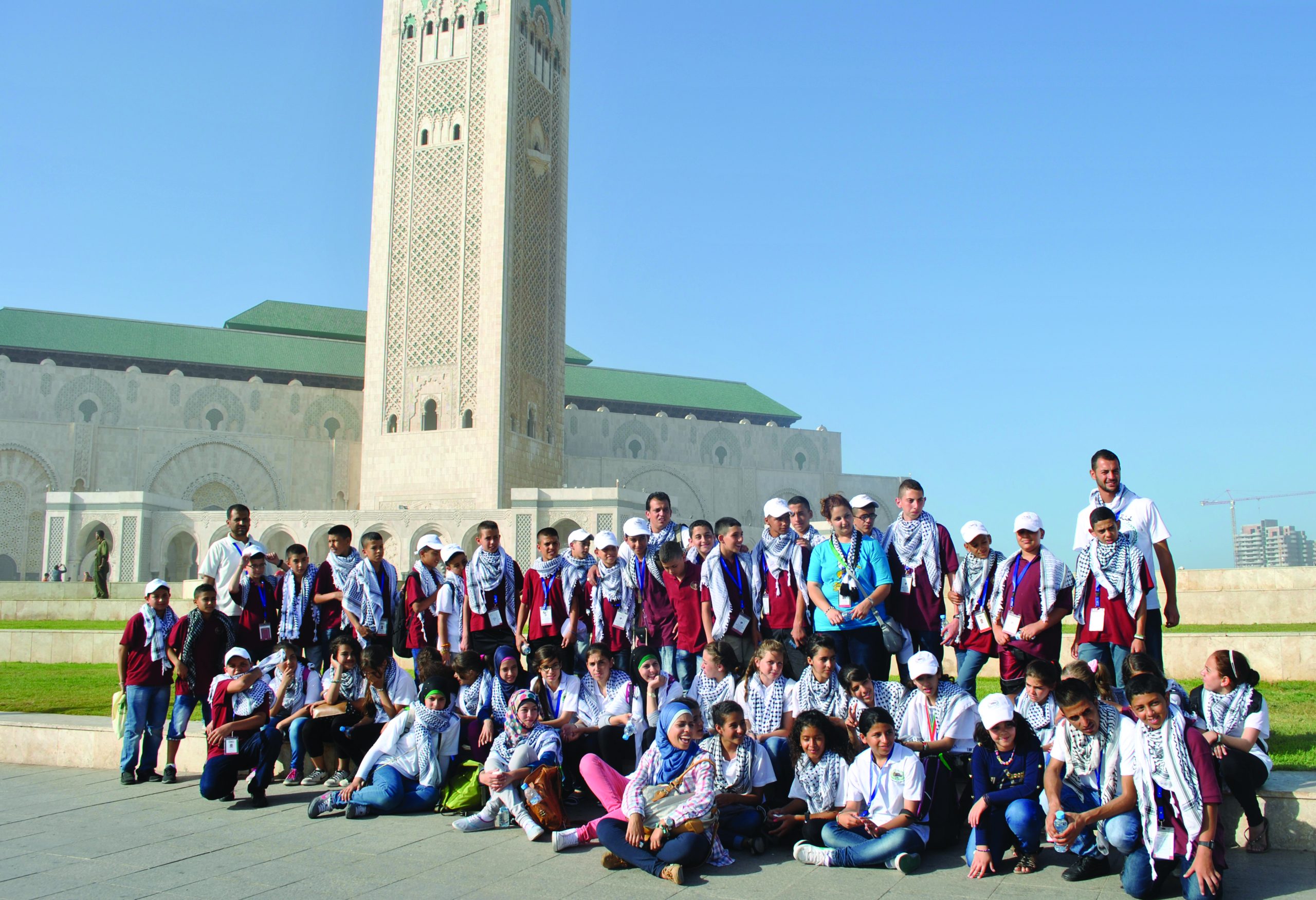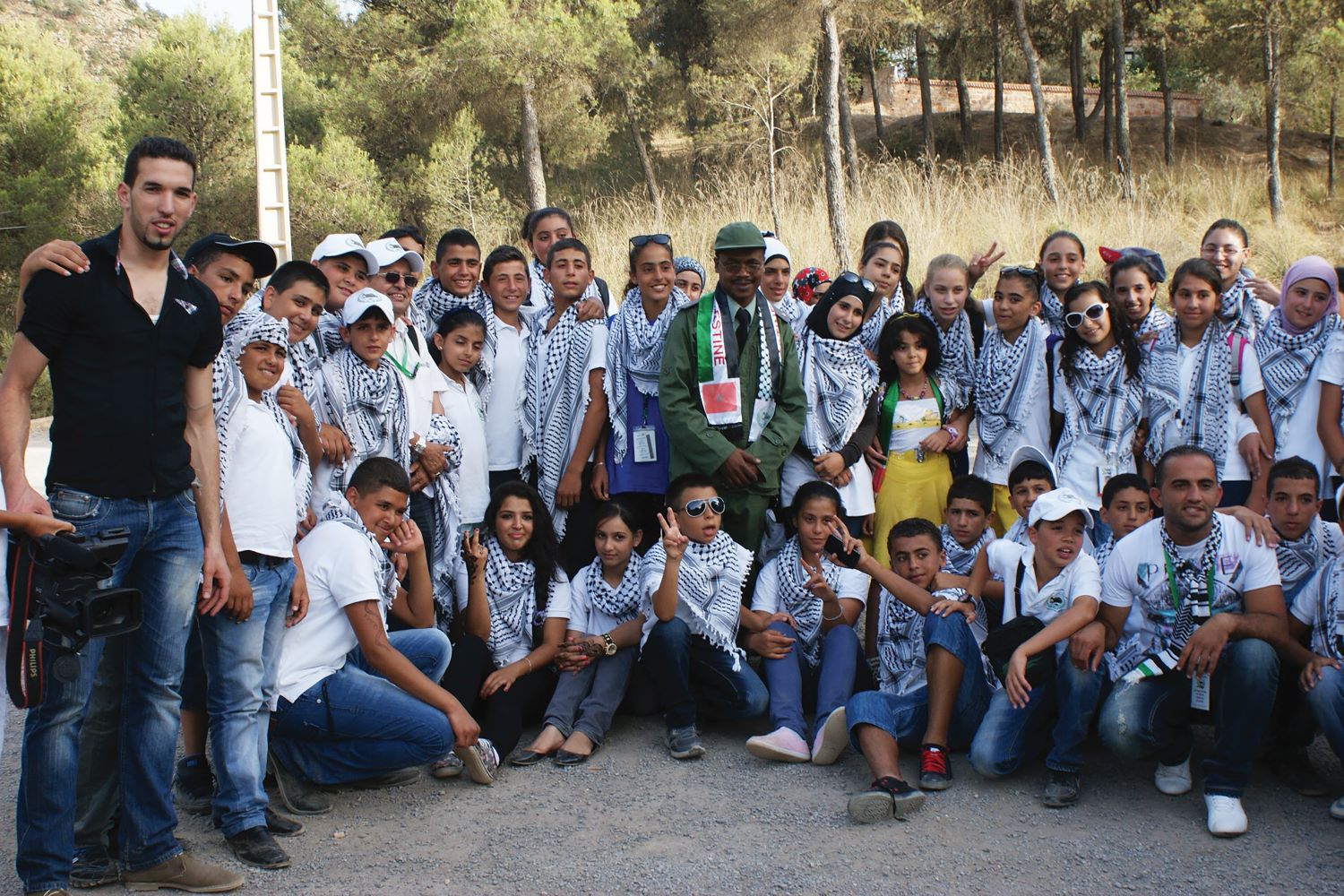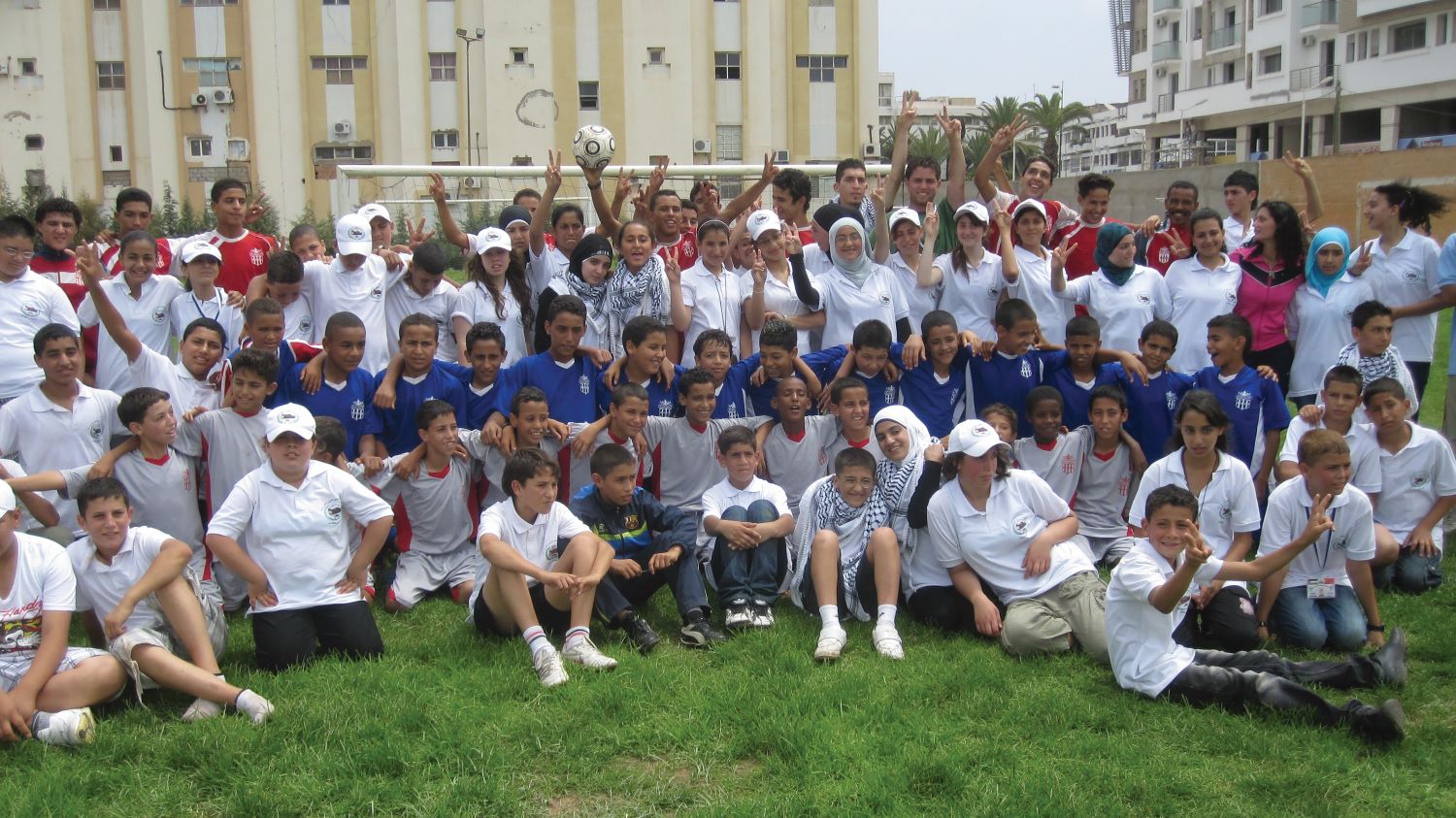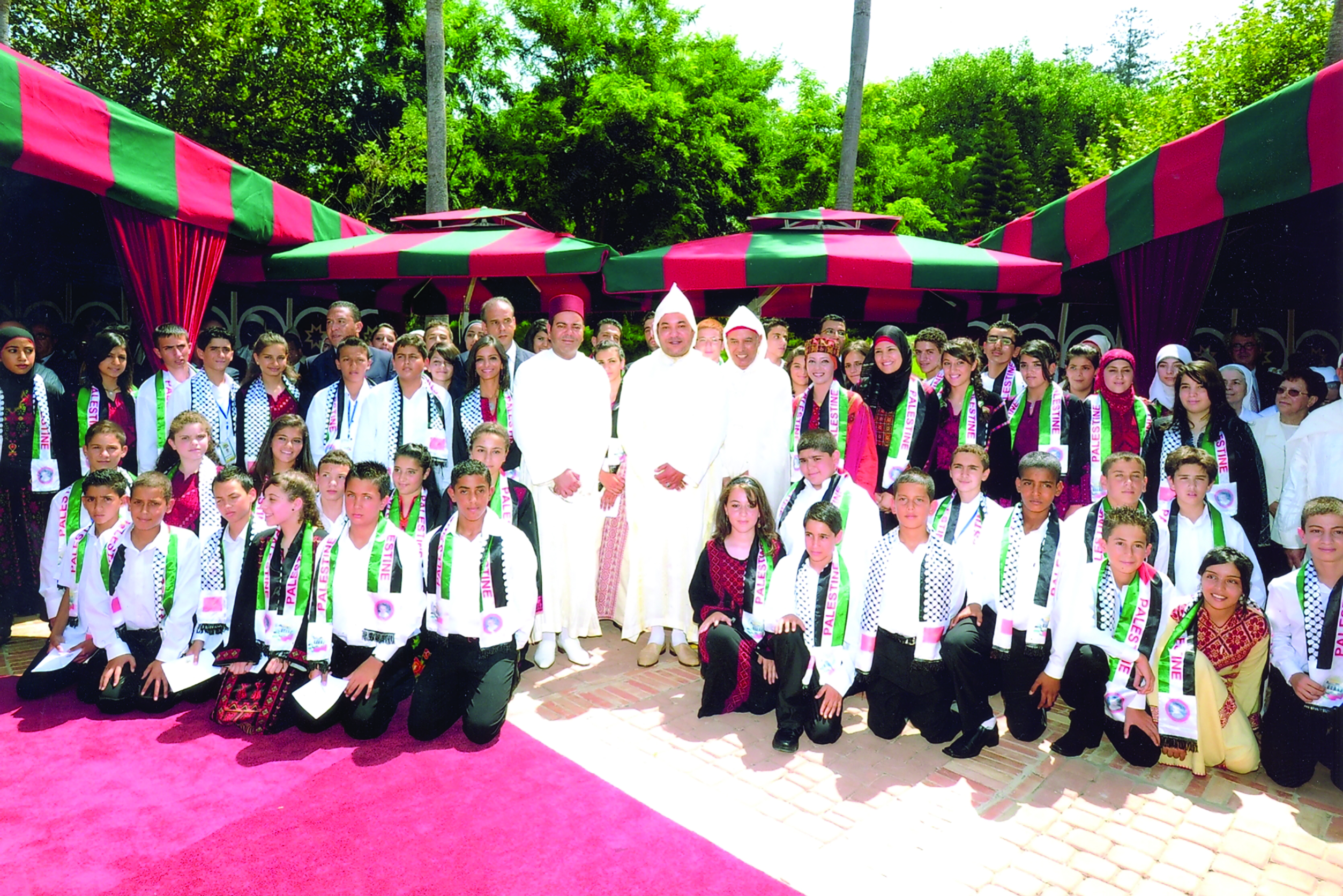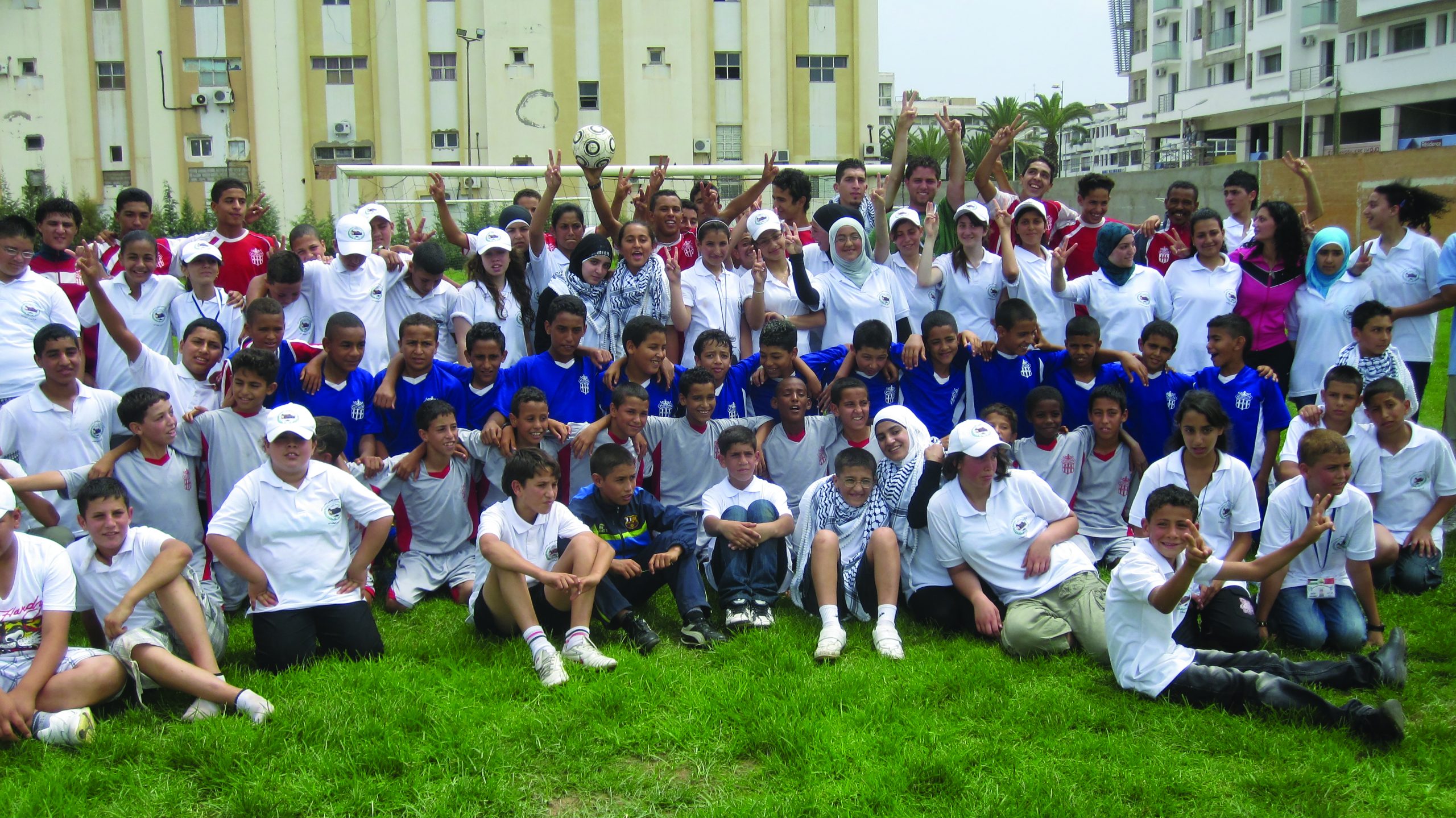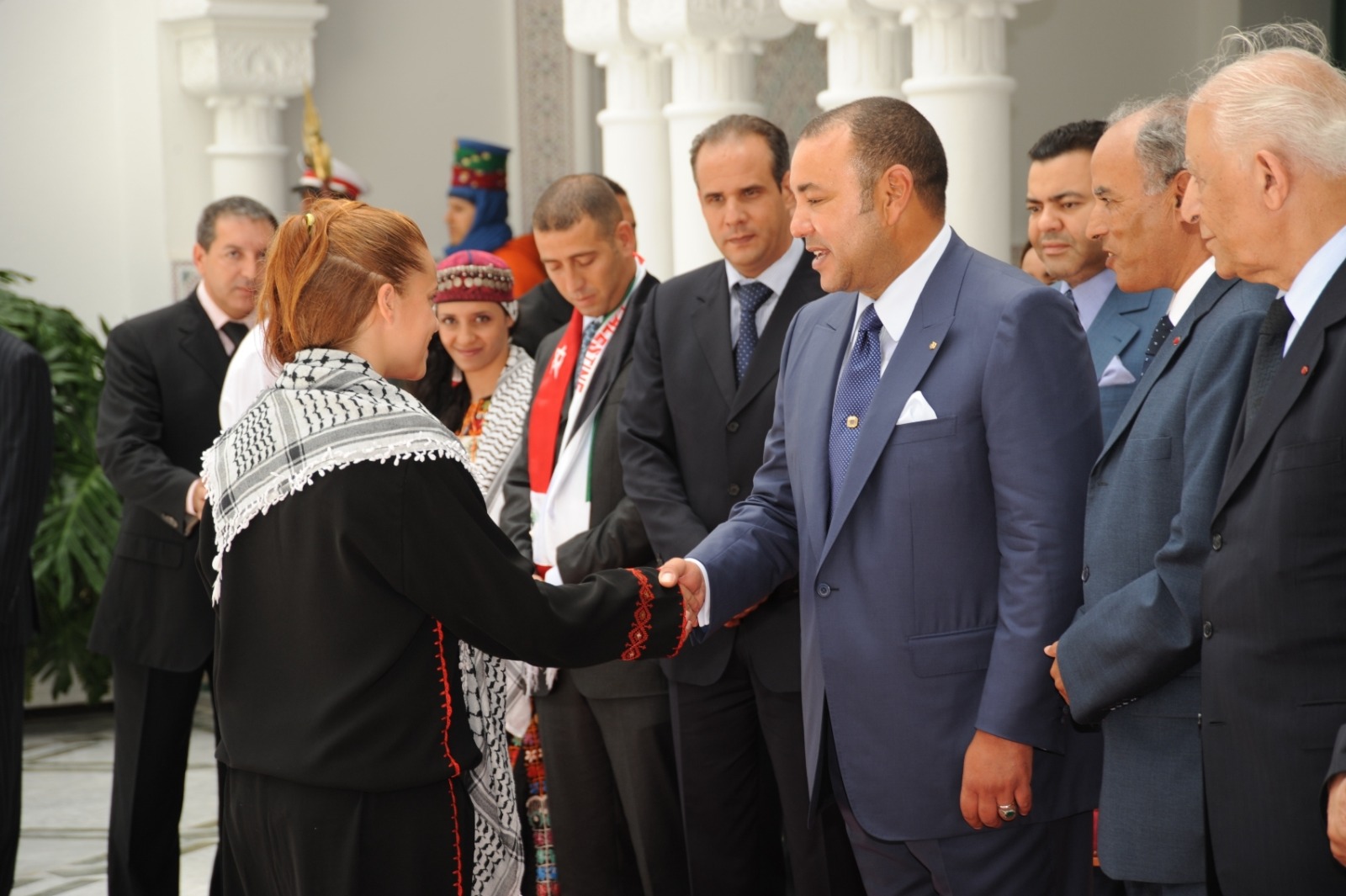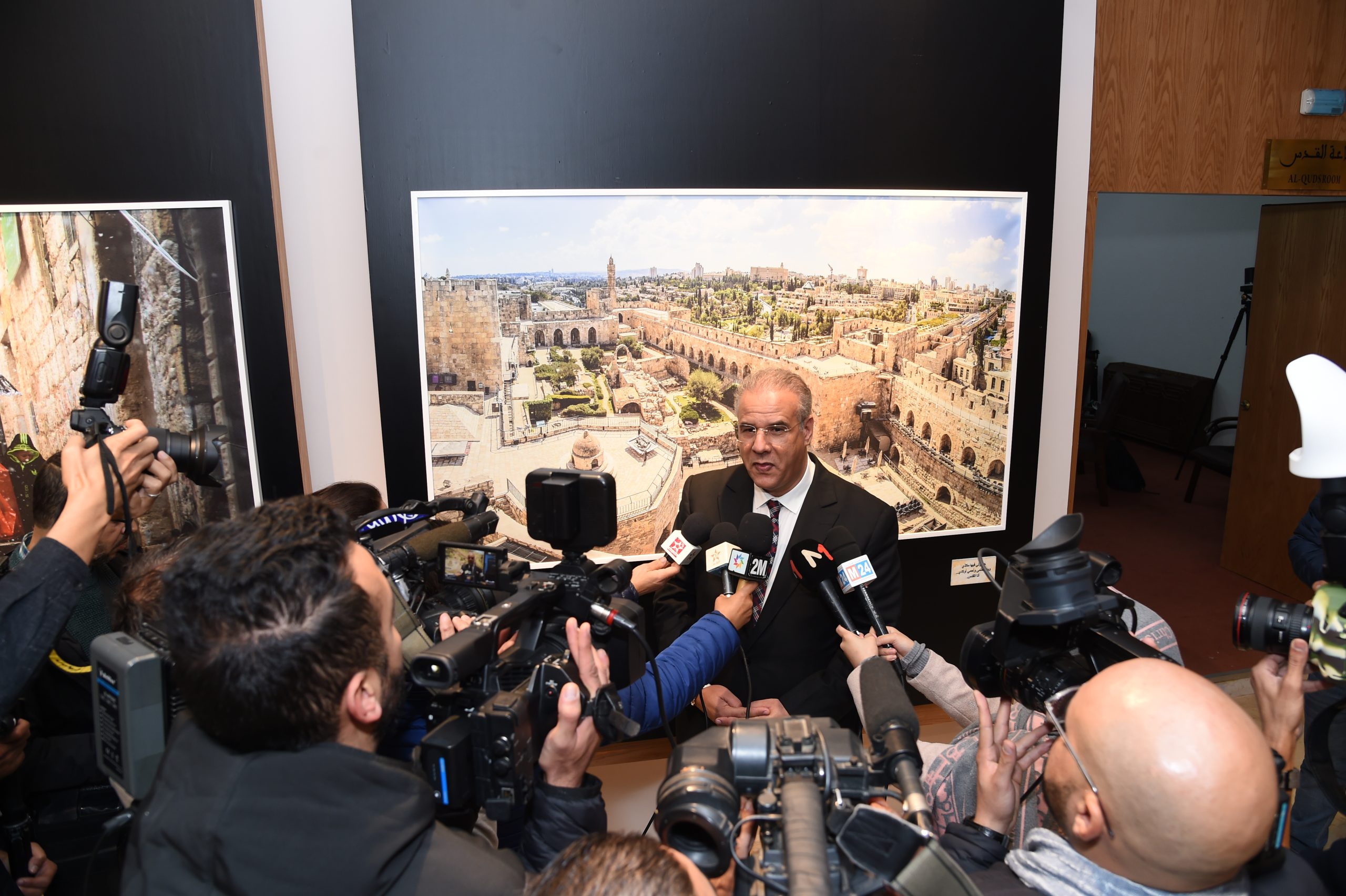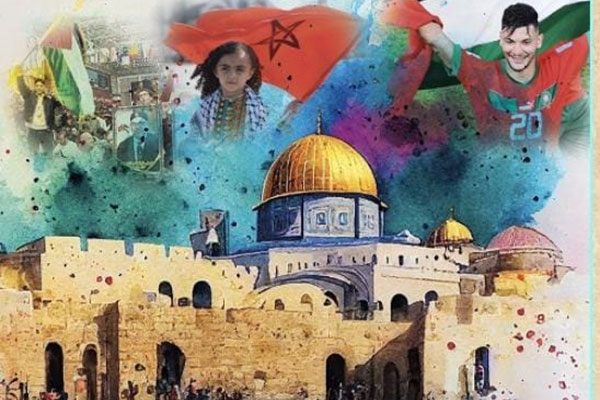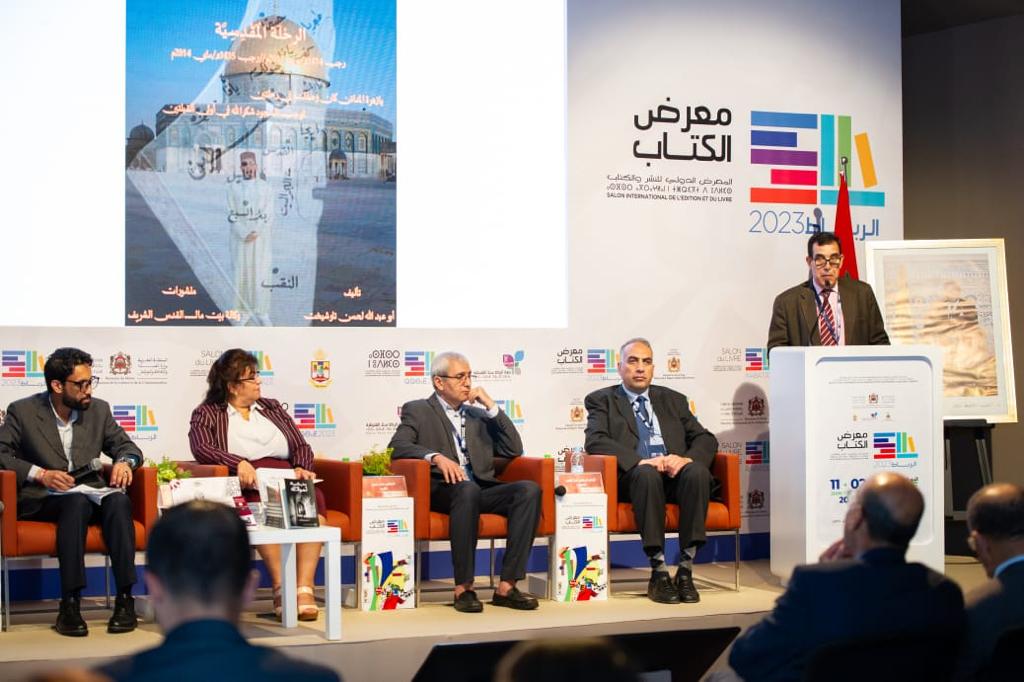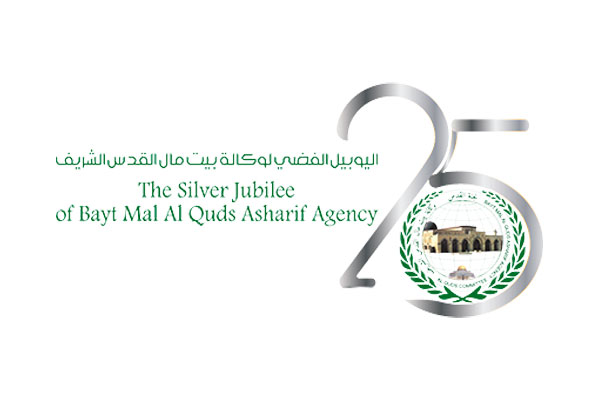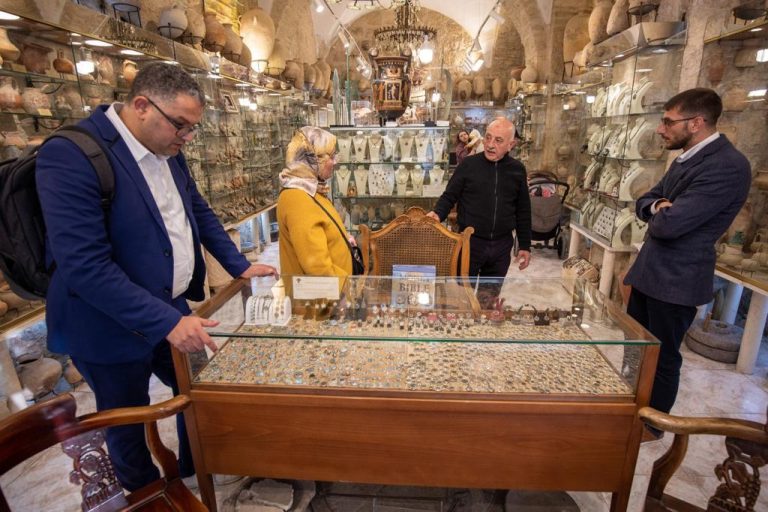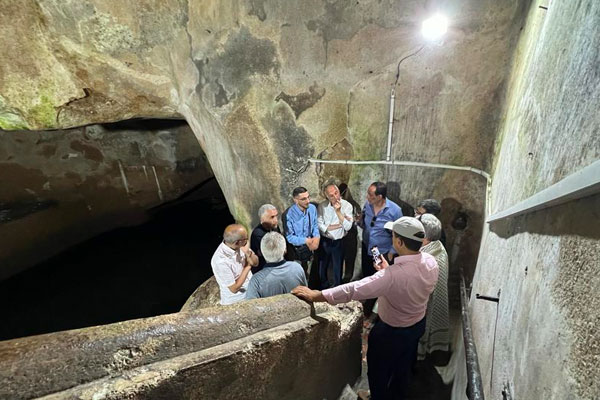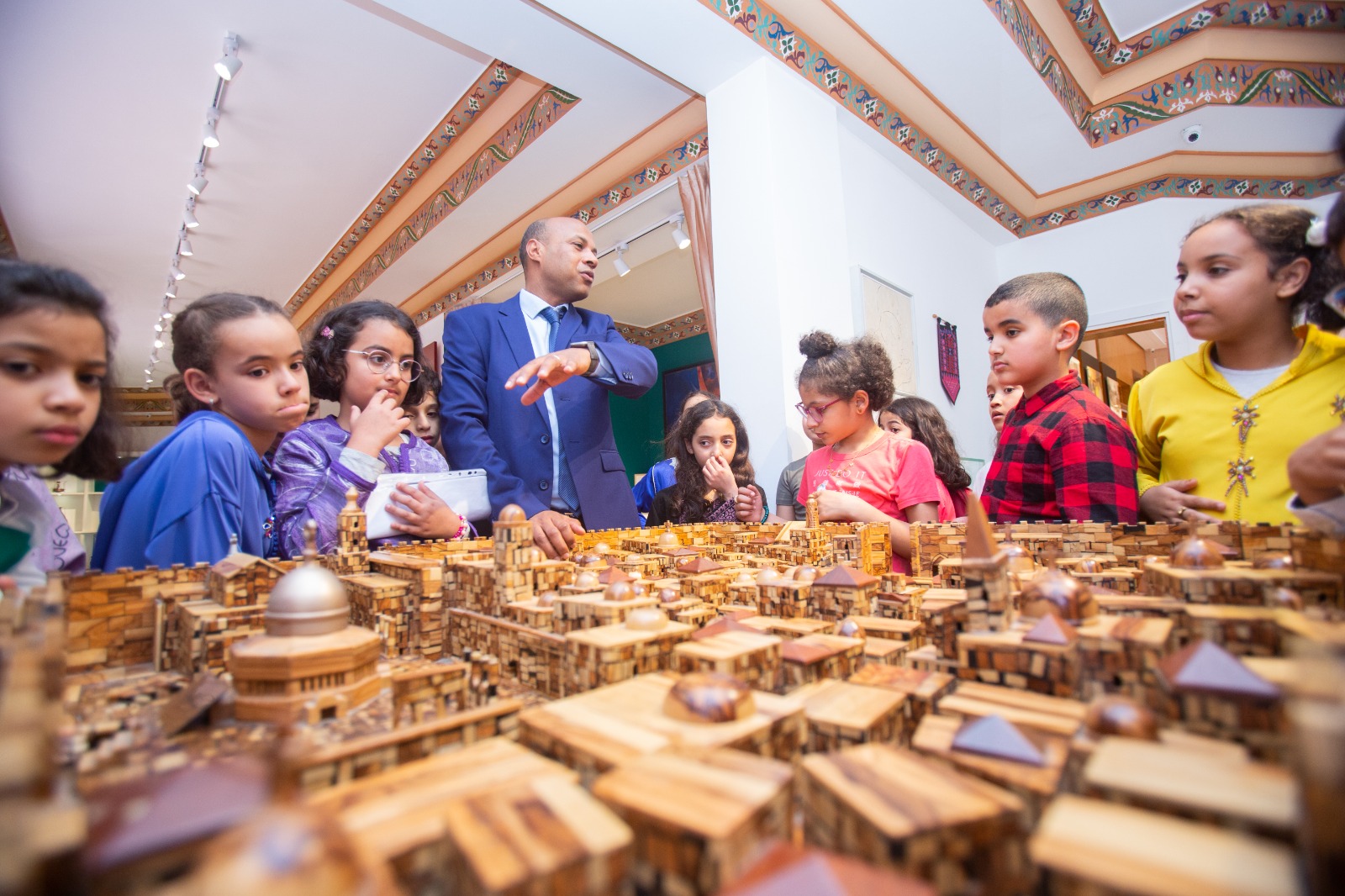Jerusalem- Academic researchers and diplomatic and political figures highlighted today, Tuesday, in Jerusalem, “the motives behind Moroccans’ settlement in Jerusalem,” during the second scientific meeting organized by the Moroccan Studies Chair at Al-Quds University, under the patronage of the Bayt Mal Al-Quds Asharif Agency (BMAQ) and the Moroccan Cultural Center Association – Bayt Al-Maghrib in Jerusalem.
In his opening remarks, the President of Al-Quds University, Hanna Abdel Nour, emphasized that “Jerusalem has long stood as a living symbol of cultural and civilizational diversity, serving for centuries as a crossroads where peoples and civilizations have interacted and coexisted”. He noted that “the Moroccan presence in the Holy City forms an essential and enduring component of this rich historical tapestry, reflecting deep-rooted ties that have shaped its plural identity over time”.
Abdel Nour highlighted that “the Moroccan Studies Chair at Al-Quds University serves as a vital intellectual bridge between Morocco and Palestine, dedicated to documenting the deep historical and spiritual bonds uniting the two nations. He explained that the Chair also provides a scholarly platform that fosters research on the Moroccan contribution to Jerusalem’s history, particularly their role in safeguarding the city’s cultural and civilizational identity”.
He further noted that the growing interest in the Moroccan presence in Jerusalem reflects the university’s broader vision of promoting a deeper understanding of civilizational interaction within the Arab and Islamic worlds. In this regard, he underlined that the collaboration with BMAQ and the Moroccan Cultural Center Association – Bayt Al-Maghrib in Jerusalem constitutes a pioneering initiative aimed at safeguarding this shared heritage and reinforcing its significance within both academic discourse and collective human consciousness.
For his part, the Ambassador of Morocco to the State of Palestine, Abderrahim Meziane, emphasized that the settlement of Moroccans in Jerusalem stands as “a sincere testament to the profound spiritual and historical bonds that have connected Morocco with the Holy City across generations”. He noted that their enduring presence embodies a message of loyalty and devotion to the Islamic sacred sites, reflecting Morocco’s continuous commitment to their protection, preservation, and care.
The Moroccan ambassador also highlighted that this enduring connection reflects the profound religious and human solidarity between the Moroccan and Palestinian peoples. He stressed that their bond with Jerusalem extends beyond historical ties, encompassing deep emotional attachment, a sense of belonging, and shared cultural and spiritual identity.
He further explained that the Moroccan Studies Chair at Al-Quds University “goes beyond purely academic or practical objectives, serving as a reflection of the Kingdom of Morocco’s ongoing dedication to supporting Jerusalem and its inhabitants—scientifically, culturally, and humanitarianly”.
Meanwhile, the Chairperson of the Moroccan Studies Chair at Al-Quds University, Safaa Nassereddine, emphasized that the purpose of this second scientific meeting is “to gain a deeper understanding of the factors behind Moroccans’ settlement in Jerusalem and to shed light on the city’s historical and social fabric”. She noted that the Chair aims “to establish a sustainable knowledge platform that not only promotes awareness of Moroccan heritage in Jerusalem but also encourages scholars and students to engage with its themes in their research and studies”.
Nassereddine further highlighted that this academic initiative also seeks to preserve collective memory, protect cultural identity, and strengthen the partnership between Morocco and Palestine. She expressed her sincere gratitude to His Majesty King Mohammed VI, BMAQ, Al-Quds University, and all those who contributed to supporting this initiative.
The proceedings of the scientific meeting were divided into three presentations. Historian Bashir Barakat discussed “The Motives Behind Moroccans’ Settlement in Jerusalem,” reviewing historical and social factors that strengthened their presence in the city.
The second presentation, delivered by Professor Ibrahim Abu Omar, an expert in Islamic Archaeology at Al-Quds University, examined “the historical ties between Moroccans and Jerusalem, focusing on the factors that influenced their settlement in the city”. The third presentation, titled “The Marrakchi in Jerusalem” and delivered by Khader Shehabi, Director of the Jerusalem Manuscripts Center, emphasized the cultural and civilizational contributions of Moroccans from Marrakesh and their significant role in shaping the city’s social and communal fabric.
The session concluded with insightful remarks from several participating scholars, followed by a formal recognition and honoring of the lecturers for their valuable contributions.
